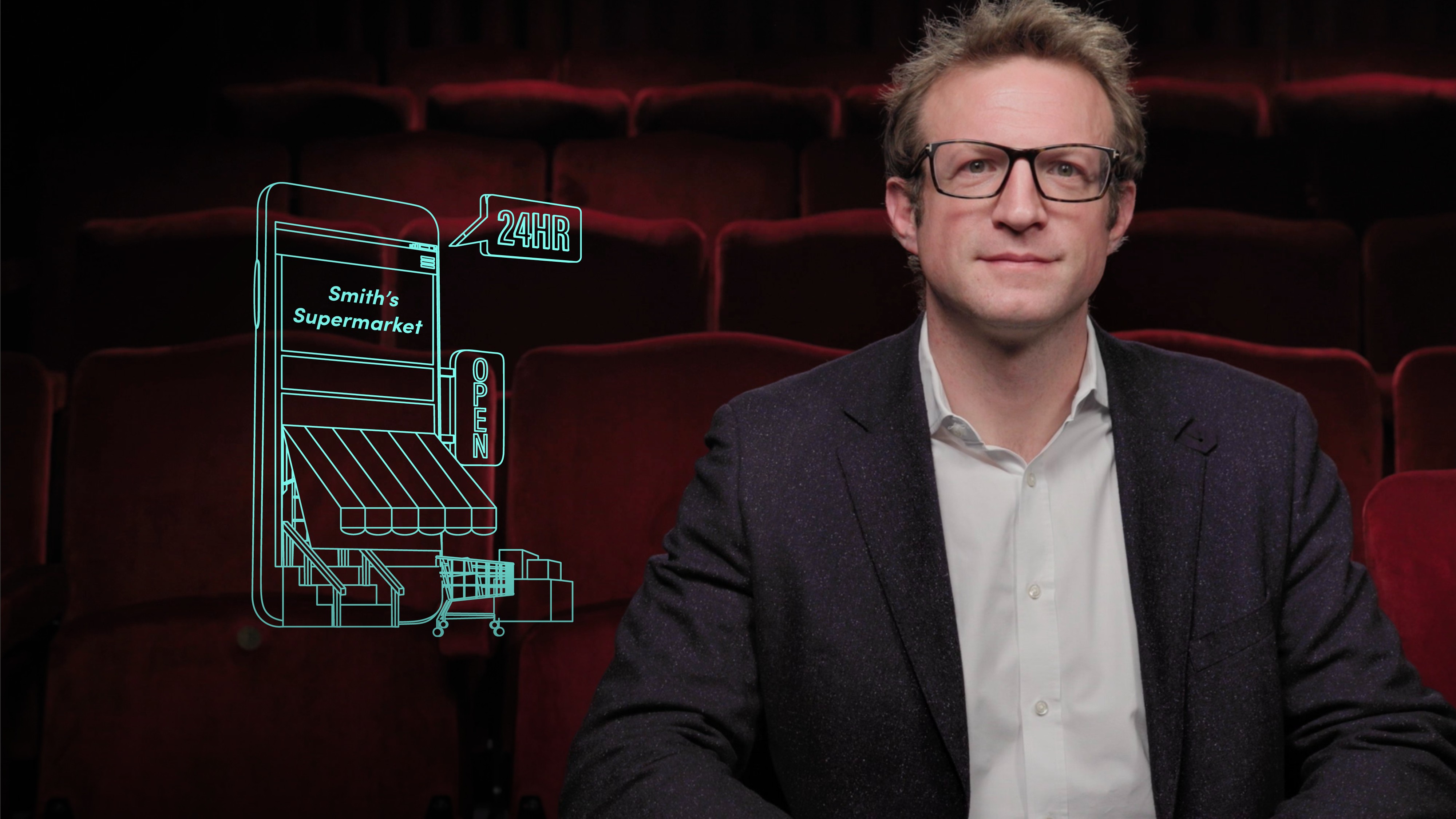
Legal Automation in Financial Transactions

Ricky Cohen
15 years: Legal Counsel
Greater use of technology is a key theme among legal practices - but these transactions continue to be conducted very manually. In this video, Ricky introduces how transactions are currently carried out and how automation achieved in e-commerce could be applied to legal practices.
Greater use of technology is a key theme among legal practices - but these transactions continue to be conducted very manually. In this video, Ricky introduces how transactions are currently carried out and how automation achieved in e-commerce could be applied to legal practices.
Subscribe to watch
Access this and all of the content on our platform by signing up for a 7-day free trial.

Legal Automation in Financial Transactions
7 mins 11 secs
Key learning objectives:
Understand how transactions currently work
Identify why transactions need automation
Learn the benefits of transaction automation
Overview:
In spite of typical trends, legal practices remain stubbornly manual. The vast majority of financial contracts are conducted on Microsoft Word and comments on copies are dutifully transcribed to a master version. This process is labour-intensive, time-consuming, unnecessarily expensive and risky. When we refer to the use of technology platforms that automate transaction management, it is worth noting that we are not looking at anything novel or different to what most people already use in their daily lives. The use of such technology will undoubtedly save time, reduce cost and make the provision of financial services and legal advice more efficient.
Subscribe to watch
Access this and all of the content on our platform by signing up for a 7-day free trial.
How does transaction practice currently work?
Most first drafts of finance contracts are prepared manually. A lawyer will take the Microsoft Word version of an appropriate precedent and go through it line by line to make the necessary changes to reflect the deal on which she is working. This work is then reviewed, checked and amended before being first circulated to the client and then shared with the counterparty and its counsel. The ensuing contract negotiation is conducted through physical meetings, on conference calls or over email. Drafts of agreements are circulated back and forth between the different parties with amendments made in either track changes or manuscript mark-up. One party will often “hold the pen” on a particular document and dutifully transcribe comments received on copies of the document to the master version held on its system. Such a process is cumbersome but maintains version control which is crucial in managing the progression of contract negotiation. The method in which finance transactions are conducted has not significantly changed in 40 years.
Why is current transaction practice a problem?
Having manually prepared the documentation, the information contained in that documentation needs to be copied into the various systems that support the performance of financial instruments, which includes the systems of settlement teams, facility or paying agents, stock exchanges, clearing systems, Bloomberg and so on. The result is that the same information is copied over and over between documents, institutions and systems. This process is labour-intensive, time-consuming, unnecessarily expensive and risky. Furthermore, manually retyping information multiple times inevitably leads to errors, most of which are inconsequential but can sometimes be very costly.
What can be learnt from existing automation technology and its use in other industries?
1. The application of automation to financial transactions and how that can make processes easier, quicker, more cost-effective and less risky.
2. How the use of data gleaned from a digital automated workflow can be used to drive further improvements in process and also better decision-making by participants and commercial success for practitioners.
How can robotic process automation benefit the financial and legal industry?
There are an increasing number of platforms that will automate the drafting of contracts, assist with transaction management (for example the collection of conditions precedent and signatures) or allow for the quick extraction of data in large scale disclosure or due diligence exercises. The use of such technology will undoubtedly save time, reduce cost and make the provision of financial services and legal advice more efficient. In the increasingly commoditised and competitive banking and capital markets it gives service providers part of the answer to the ever-increasing downward pressure on fees that has been experienced since the global financial crisis.
Subscribe to watch
Access this and all of the content on our platform by signing up for a 7-day free trial.

Ricky Cohen
There are no available Videos from "Ricky Cohen"



























